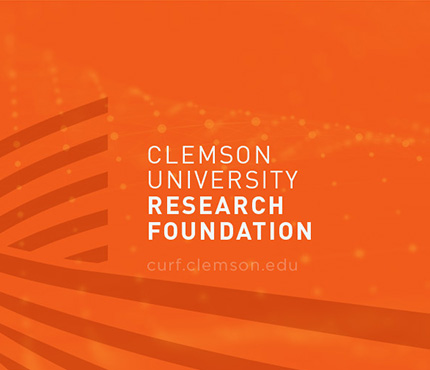Keywords: Biotechnology, Ecosystem
Market Overview
Applications:
Reverse osmosis; water purification
Technical Summary:
Germicidal ultraviolet radiation is an effective, broad spectrum biocide. By controlling the x-ray dose rate, the biocidal action of the system may be tuned to meet changing conditions. The phosphors in this technology are designed to emit ultraviolet radiation when stimulated by hard x-rays within a certain range. When an external x-ray source is applied, they penetrate the module and are absorbed by the phosphors, producing ultraviolet radiation and eliminating bacteria within the system. This is the first method to achieve production of germicidal radiation within the interior of a spiral-wound membrane module.
Advantages:
• Reduces biofouling in water treatment/membrane water systems, increasing efficiency and decreasing
operation costs caused by degradation
• Uses ultraviolet radiation inside membrane modules, presenting a unique and effective approach to
eliminating bacteria
• Allows membrane to operate at maximum water fluxes with less pressure demand, extending
membrane lifetime
Technology Overview
State of Development
Preliminary Prototype
Patent Type
Utility
Category
Serial Number
14/882,773
CURF Reference No.
2015-021
Inventors
Ezra Cates
For More Info, Contact:
Interested in this technology?
Contact curf@clemson.edu
Please put technology ID in subject line of email.
Contact
Latest News from CURF
Stay up-to-date with the latest trends in the innovation and research industry. Sign up for our newsletter to see how CURF is making a difference and impacting the economy where we live.









